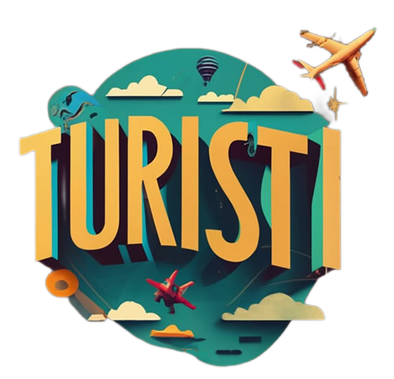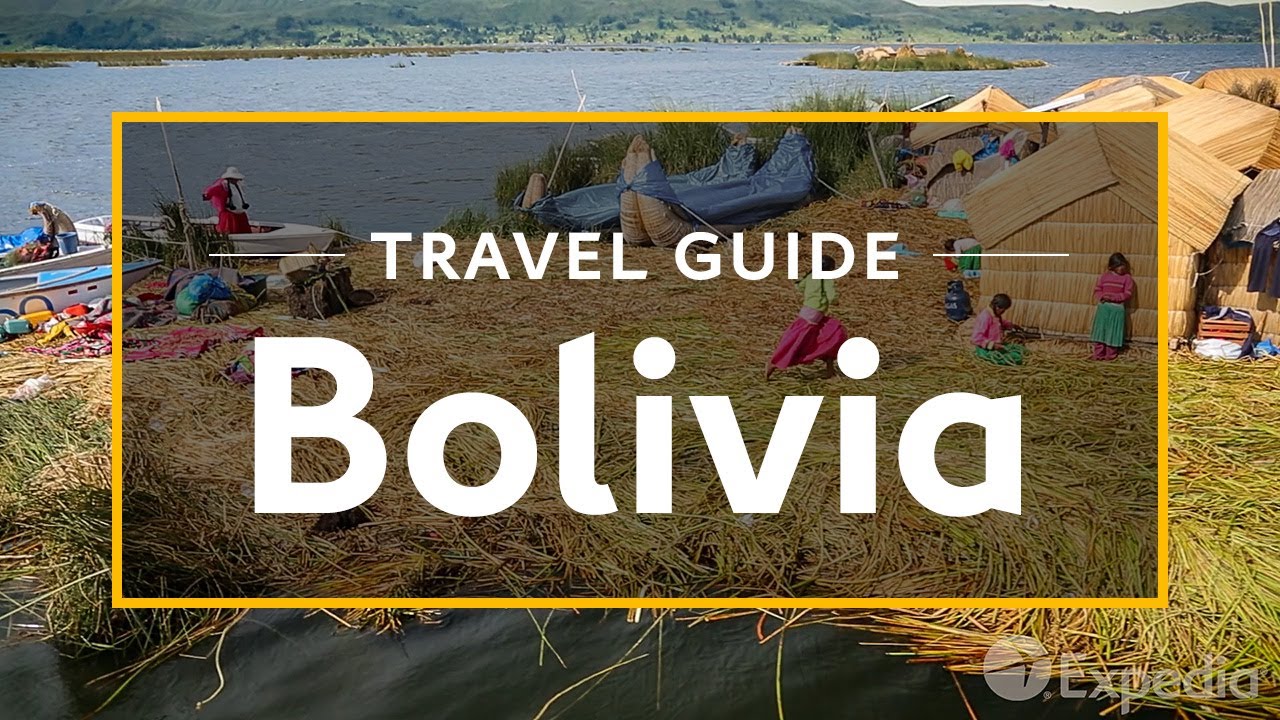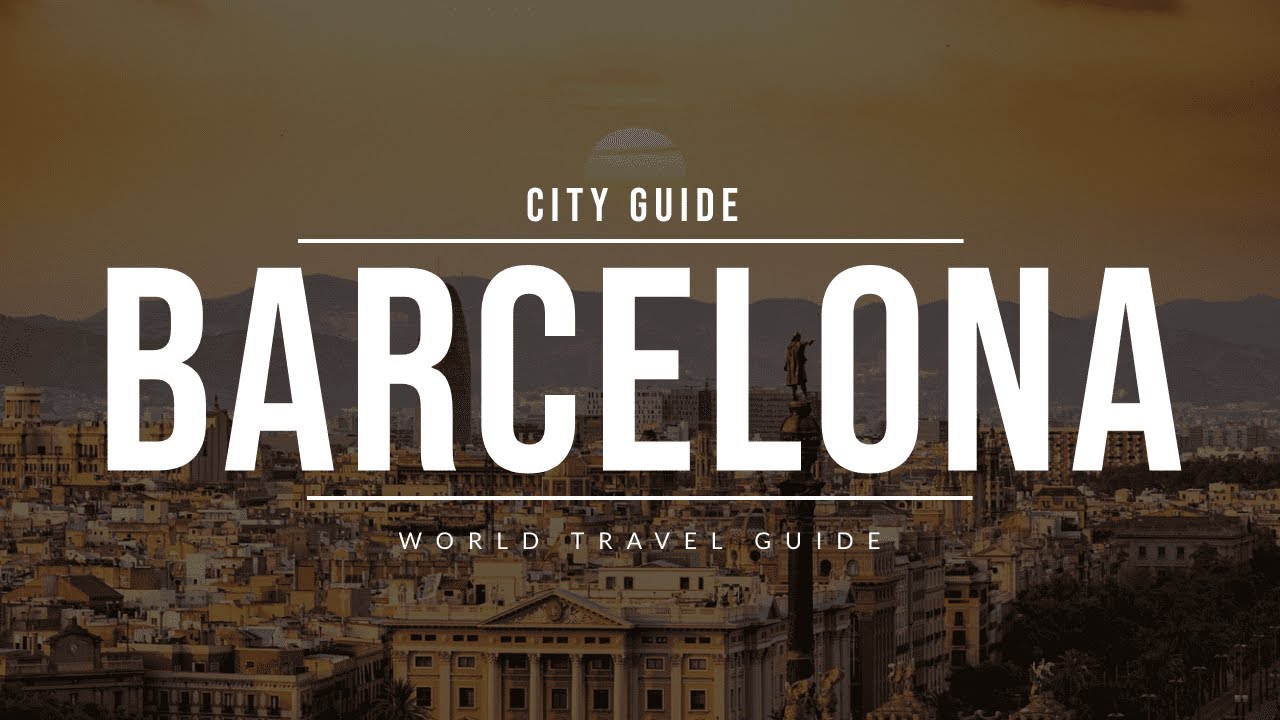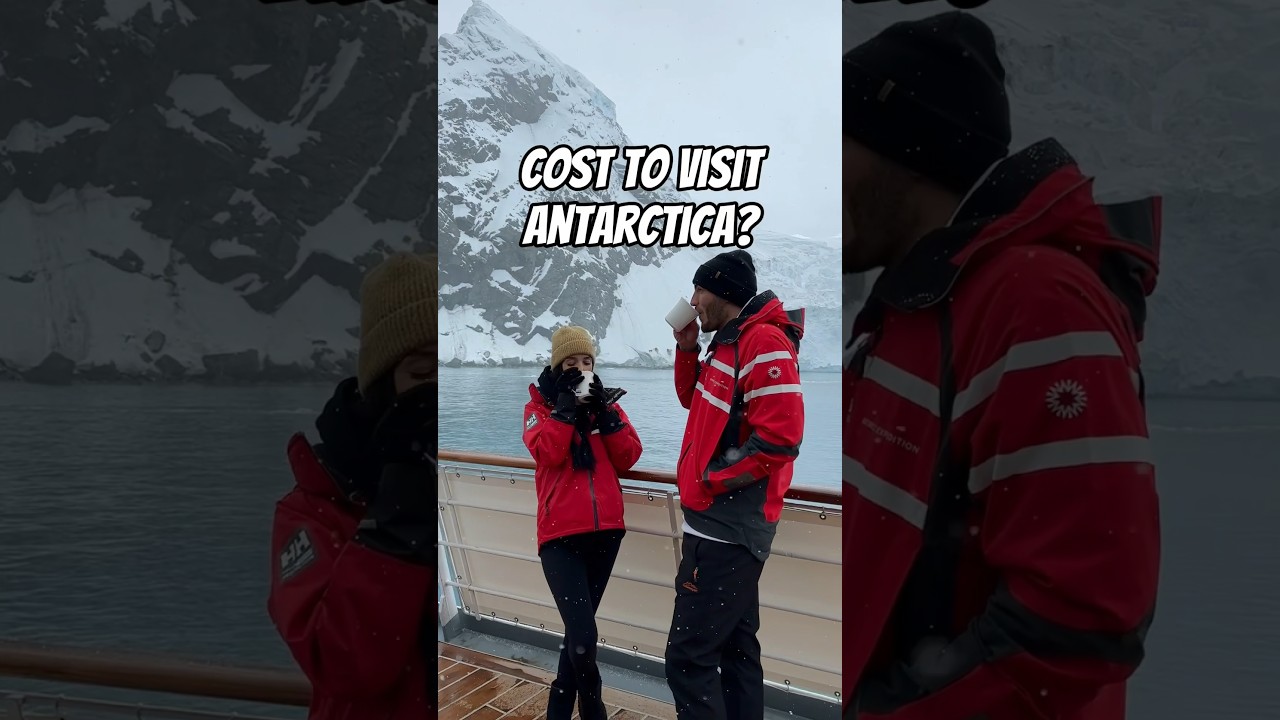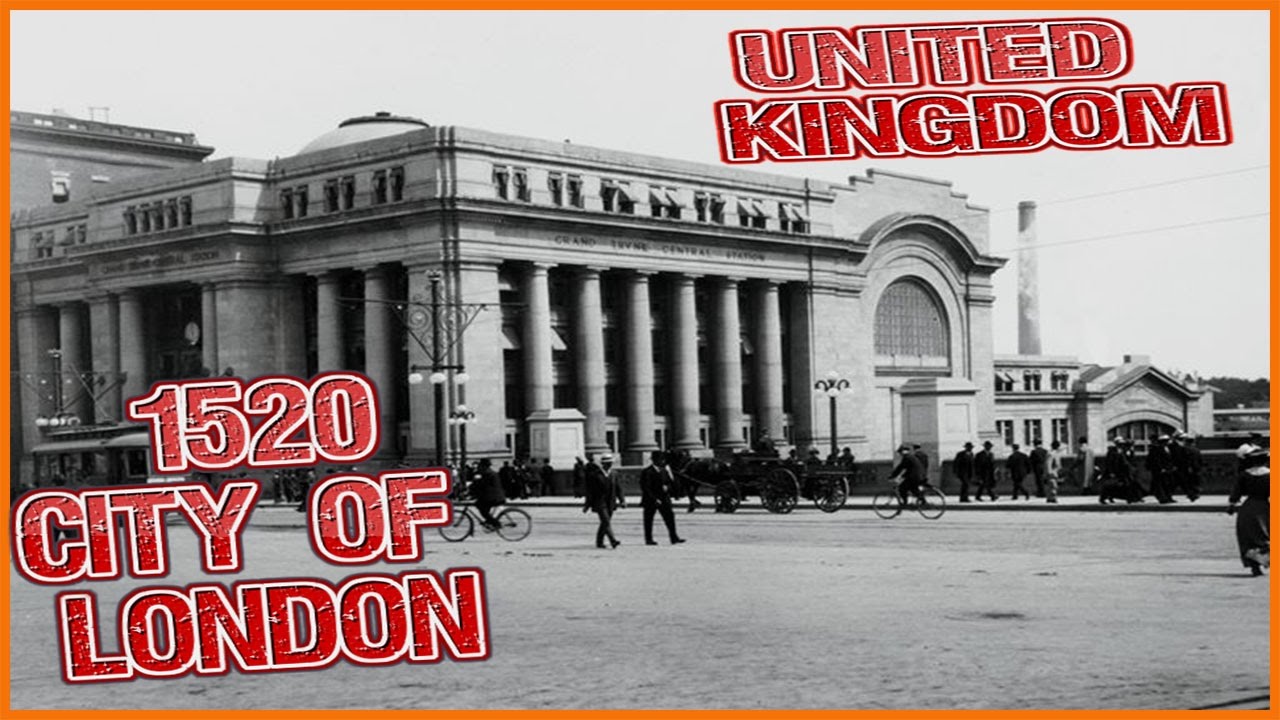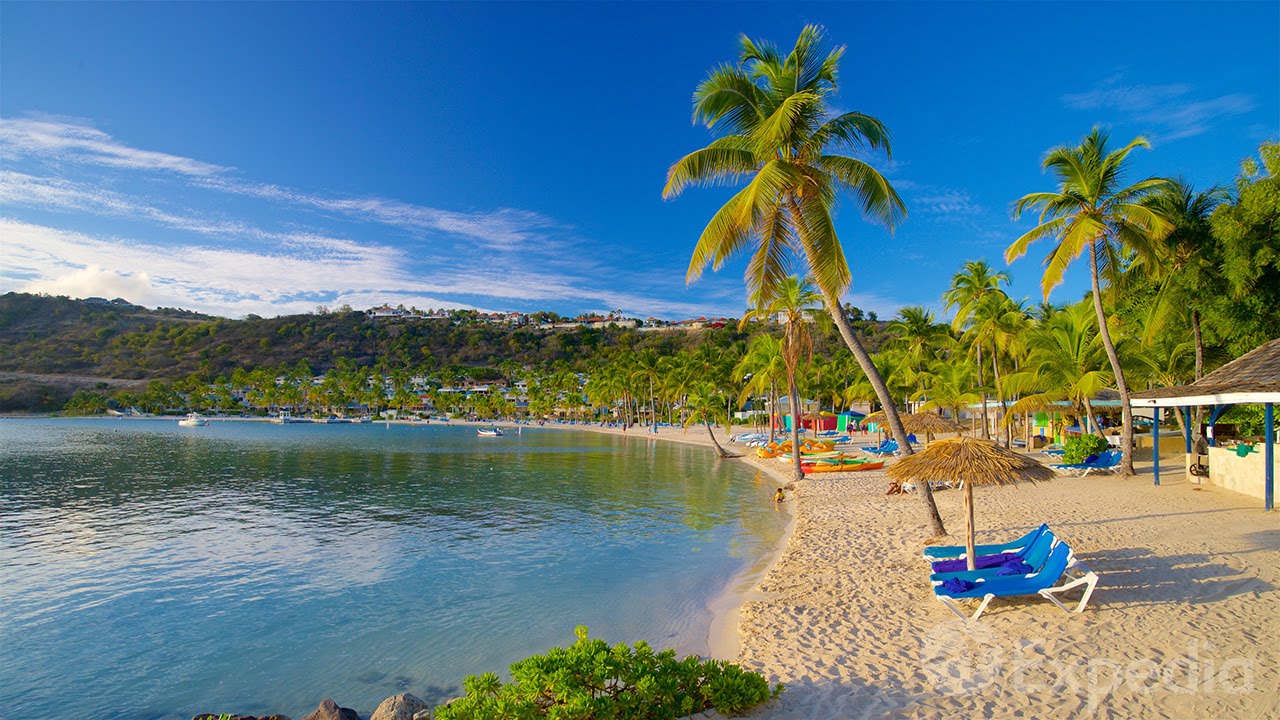Travel For Free. Subscribe to @LawByMike for more tips! Join The Free Law By Mike Newsletter Here!
That is an incredibly ambitious and fascinating goal!
While achieving truly 100% free travel across 100 countries is virtually impossible (due to mandatory costs like visa fees, insurance, and local taxes), many successful long-term world travelers manage to achieve Net-Zero Cost Travel or Fully Funded Travel by earning income on the road and aggressively minimizing expenses.
Here is a guide on the realistic strategies used by travelers who come closest to achieving the goal of traveling the world for “free.”
I. Eliminating the Big Expenses (The “Free” Pillars)
The core strategy is to systematically eliminate the three biggest travel costs: flights, accommodation, and food.
1. Flights & Transportation (Travel Hacking)
-
Credit Card Rewards: The single most effective way to eliminate flight costs. By strategically opening new travel rewards credit cards, meeting spending minimums, and earning large sign-up bonuses, travelers accumulate points and miles sufficient to book long-haul flights entirely for free (or just the cost of taxes/fees).
-
Flexible Travel: Being flexible with dates, times, and destinations allows travelers to capitalize on error fares or heavily discounted routes.
-
Delivery/Crew Transfers: Some travelers secure positions transferring vehicles (cars, boats, RVs) or acting as crew on private yachts/sailboats across oceans in exchange for free passage.
2. Accommodation (Zero-Cost Housing)
-
House Sitting: The traveler cares for a homeowner’s pets, property, and plants while they are away in exchange for free lodging. Websites like TrustedHousesitters connect travelers with homeowners worldwide.
-
Hospitality Networks (Couchsurfing): Staying with locals for free, often providing cultural exchange, though this is usually for short stays (1-3 nights).
-
WWOOFing / Workaway: Working a few hours per day (typically 4-5 hours) on farms, hostels, or community projects in exchange for free accommodation and meals.
-
Home Swapping: If the traveler owns a desirable property, they can swap homes with other international owners for a set period.
3. Food (Eating for Free)
-
Work/Trade: As mentioned above, Workaway and WWOOF arrangements often include 2-3 free meals per day.
-
Gleaning & Foraging: In rural areas, travelers can ethically forage or receive excess produce from farmers.
-
Hostel/Resort Jobs: Taking jobs in kitchens or as breakfast staff often comes with an included shift meal.
-
Dumpster Diving/Freeganism: A controversial and unconventional method used by extreme budget travelers, focusing on reclaiming discarded food that is still safe.
II. The Income Stream (The Net-Zero Cost Model)
To sustain a Net-Zero trip—where income covers the remaining costs like insurance, visas, and local transport—travelers must earn money while abroad.
| Income Strategy | Description | Typical Role |
| Digital Nomadism | Keeping a professional, high-paying job that can be done entirely online. This is the most reliable model. | Software Developer, SEO Specialist, Virtual Assistant, Accountant, Copywriter, Online Consultant. |
| Content Creation | Earning revenue through an online audience. This takes years to build but can fully fund travel. | YouTube Ads, Affiliate Marketing (linking to booking sites/products), Brand Sponsorships. |
| Online Teaching | Teaching English or another specialized subject to students around the globe via webcam. | ESL Tutor (TEFL certified), Academic Coach. |
| Seasonal/Local Work | Working short stints in high-demand, high-turnover industries to save money quickly before moving on. | Bartender, Ski Instructor, Deckhand on a yacht, Resort Staff, Hostel Manager. |
| Passive Income | Relying on income streams that require minimal active work (e.g., rental properties, investments, automated online stores). | Real Estate Income, Stock Dividends, Dropshipping. |
III. Skills & Mindset Required
Achieving the “100 countries for free” goal requires specific skills and a unique mindset:
-
Extreme Budgeting: Every single expense is scrutinized. This means relying on local transport, cooking almost every meal, and avoiding tourist traps.
-
High Adaptability: The ability to instantly learn new local customs, negotiate effectively, and manage unexpected changes (like canceled housing or transit issues) is critical.
-
Travel Skills: Mastering visa requirements, border crossings, and finding the cheapest routes and transport links (e.g., using Skyscanner’s “Everywhere” feature or bus ticket aggregators).
-
Insurance & Health: While “free” is the goal, travel insurance is mandatory for any responsible long-term travel, especially to 100 countries. This must be factored into the Net-Zero calculation.
-
Ethical Trade-offs: The “free” traveler often relies on trade-offs—labor for accommodation, social interaction for a place to sleep, or content for a free trip. The goal is achieving this trade-off ethically and sustainably.
In essence, traveling the world for free is less about finding free money, and more about exchanging time, labor, and specialized skills for the money required to cover the few unavoidable costs.

